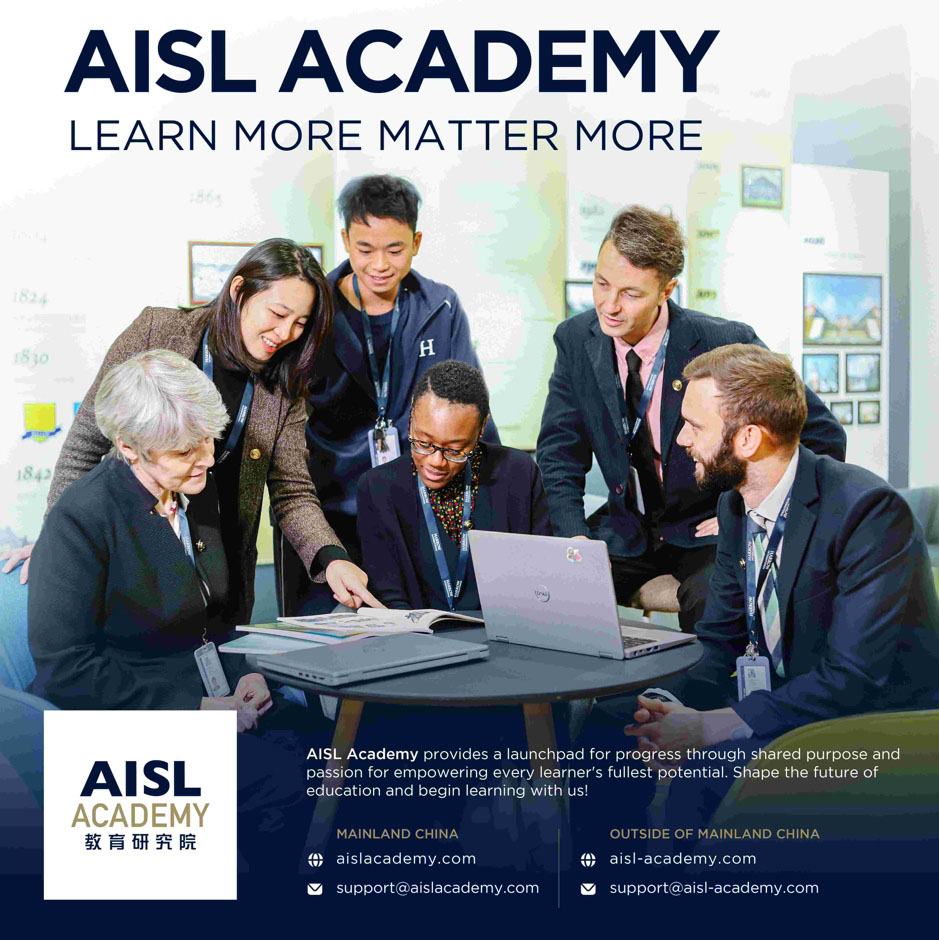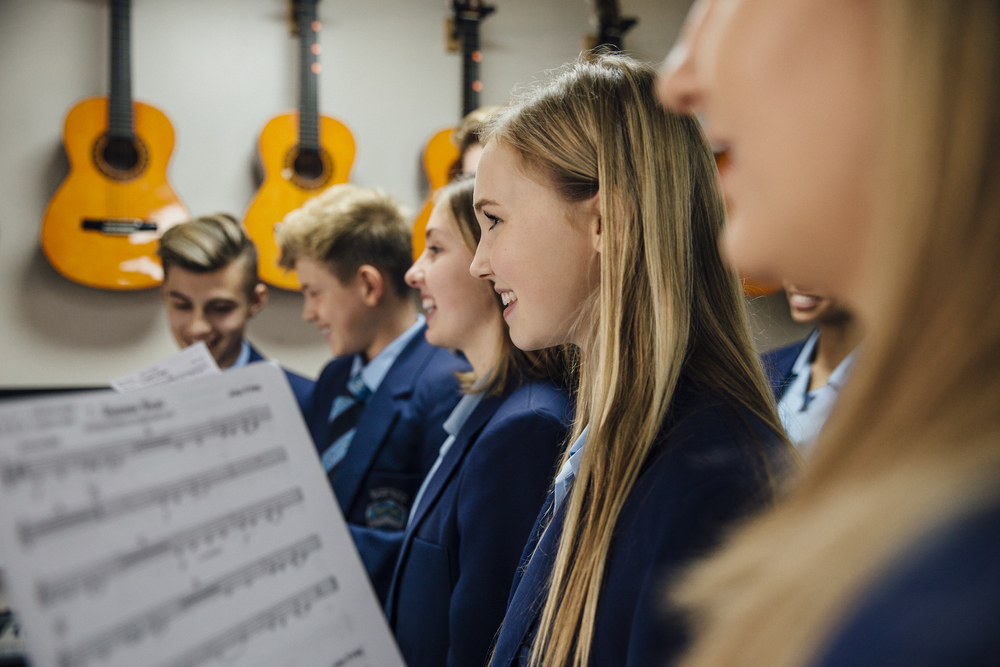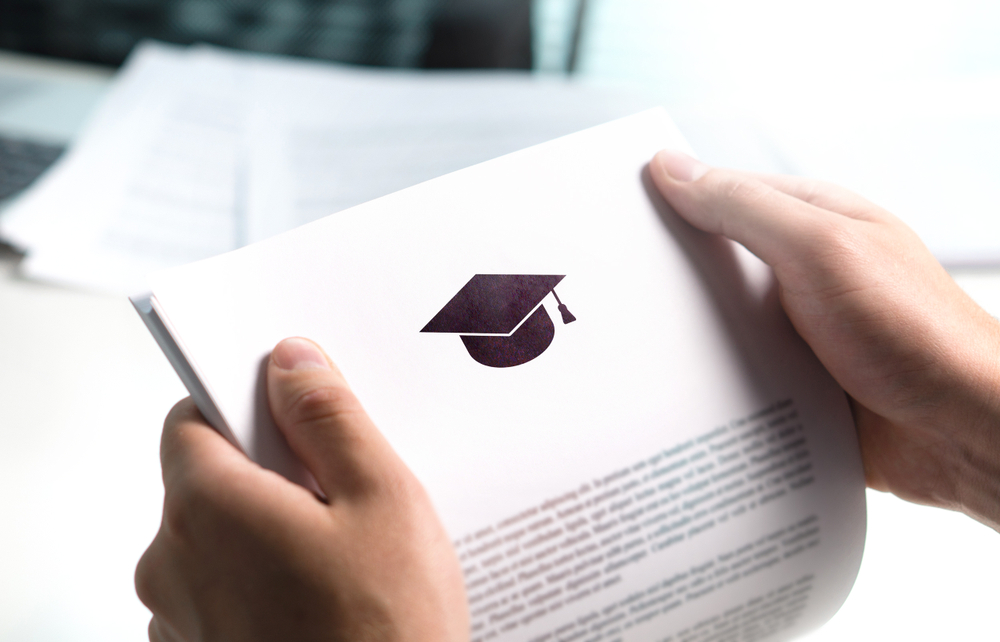Teaching interview skills to high school students is important because it can help prepare them for college and future job interviews. It would be advisable to compile a list of common interview questions and have your students practice answering them. Encourage them to prepare thoughtful and concise answers that highlight their strengths and accomplishments.
Many interviewers will also ask follow-up questions or seek clarification during an interview. Teach your students active listening skills, such as nodding and summarizing what the interviewer has said. This can help them demonstrate their engagement and understanding of the conversation.
Role-play different scenarios:
Role-playing different scenarios can help your students prepare for unexpected interview questions or situations. Have students take turns acting as the interviewer and interviewee and get them to provide feedback on areas for improvement to each other. Body language can convey a lot of information during an interview. Teach your students to sit up straight, maintain eye contact, and avoid fidgeting or slouching. Encourage them to practice good body language during mock interviews.
Provide feedback:
After mock interviews or practice sessions, provide feedback to your students on areas where they did well and where they can improve. Encourage them to apply it to future practice sessions. Bring in guest speakers who can share their own interview experiences or examples of successful interviews. This can help your students understand the importance of interview skills in real-world settings.
By teaching interview skills to your high school students, you can help prepare them for future academic and professional opportunities. Encourage them to practice these skills regularly and provide feedback to help them improve.

Emphasize the importance of research:
Encourage your students to research the company or organization with whom they are interviewing. This can help them understand the company’s mission, values, and culture, and tailor their responses accordingly. Discussing appropriate attire for different types of interviews, such as business formal or business casual would be a good starting point and remind them to dress professionally and avoid distracting clothing or accessories.
The skill to teach your students the importance of following up after an interview with a thank-you note or email. This can help them demonstrate their interest in the position and keep them top of mind for the interviewer. During mock interviews, provide feedback on your students’ non-verbal communication, such as facial expressions, gestures, and tone of voice. Encourage them to practice conveying confidence and professionalism through their body language.
By incorporating these additional tips, you can help your high school students develop a comprehensive set of interview skills that will serve them well in college and beyond. Encourage them to practice these skills regularly and provide opportunities for feedback and reflection.









